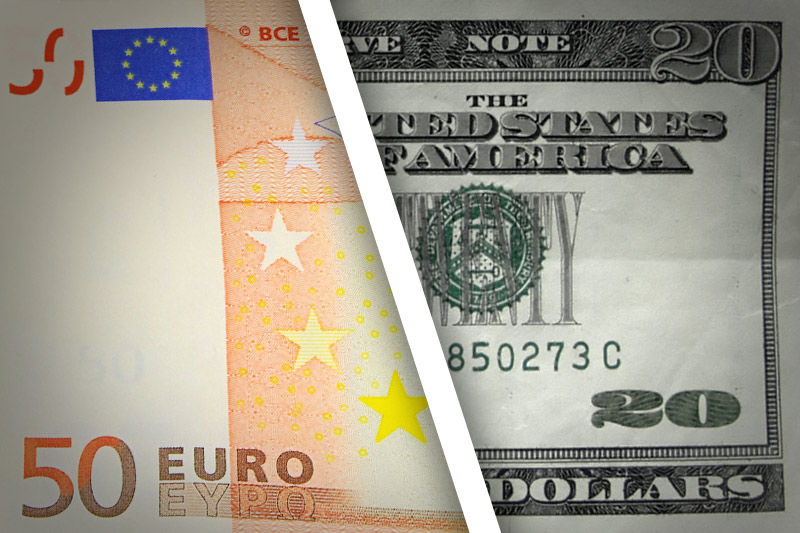Investing.com - The euro remained supported above two-month highs against the U.S. dollar on Tuesday, following German media reports that Greece could receive its next three installments of bailout aid in one lump sum.
EUR/USD pulled away from 1.2662, the pair’s lowest since September 7, to hit 1.2698 during U.S. morning trade, still down 0.07% for the day.
The pair was likely to find support at 1.2625, the low of September 7 and resistance at 1.2709, the session high.
The euro found support after German newspaper Bild reported that Greece could receive EUR44 billion of financial aid in one payment, citing German government sources.
Sentiment on the single currency was also boosted after Greece sold EUR4.06 billion of short term government bonds, which should help Athens to repay EUR5 billion of debts maturing on Friday.
Investors remained jittery amid concerns over a delayed bailout payment for Greece amid disagreements between officials from the International Monetary Fund and Europe on how best to reduce Greece’s debt to manageable levels.
A decision on unlocking the country’s next tranche of aid, worth EUR31.5 billion, has been postponed until 20 November.
The shared currency fell to session lows against the greenback earlier after data showed that German economic sentiment deteriorated unexpectedly this month, adding to concerns over a slowdown in the euro zone’s largest economy.
The ZEW Centre for Economic Research said that its index of German economic sentiment fell to minus 15.7 in November from October’s reading of minus 11.5. Analysts had expected the index come in at minus 9.8 this month.
The report said that "recessionary developments" in the euro zone are expected to curtail German economic growth in the next six months.
Meanwhile, ongoing concerns over the U.S. fiscal cliff continued to underpin demand for the greenback.
The euro trimmed losses against the pound and the yen, with EUR/GBP down 0.11% to 0.7996 and EUR/JPY dipping 0.02% to 101.01.
Later Tuesday, the U.S. was to release official data on the federal budget balance.
EUR/USD pulled away from 1.2662, the pair’s lowest since September 7, to hit 1.2698 during U.S. morning trade, still down 0.07% for the day.
The pair was likely to find support at 1.2625, the low of September 7 and resistance at 1.2709, the session high.
The euro found support after German newspaper Bild reported that Greece could receive EUR44 billion of financial aid in one payment, citing German government sources.
Sentiment on the single currency was also boosted after Greece sold EUR4.06 billion of short term government bonds, which should help Athens to repay EUR5 billion of debts maturing on Friday.
Investors remained jittery amid concerns over a delayed bailout payment for Greece amid disagreements between officials from the International Monetary Fund and Europe on how best to reduce Greece’s debt to manageable levels.
A decision on unlocking the country’s next tranche of aid, worth EUR31.5 billion, has been postponed until 20 November.
The shared currency fell to session lows against the greenback earlier after data showed that German economic sentiment deteriorated unexpectedly this month, adding to concerns over a slowdown in the euro zone’s largest economy.
The ZEW Centre for Economic Research said that its index of German economic sentiment fell to minus 15.7 in November from October’s reading of minus 11.5. Analysts had expected the index come in at minus 9.8 this month.
The report said that "recessionary developments" in the euro zone are expected to curtail German economic growth in the next six months.
Meanwhile, ongoing concerns over the U.S. fiscal cliff continued to underpin demand for the greenback.
The euro trimmed losses against the pound and the yen, with EUR/GBP down 0.11% to 0.7996 and EUR/JPY dipping 0.02% to 101.01.
Later Tuesday, the U.S. was to release official data on the federal budget balance.
